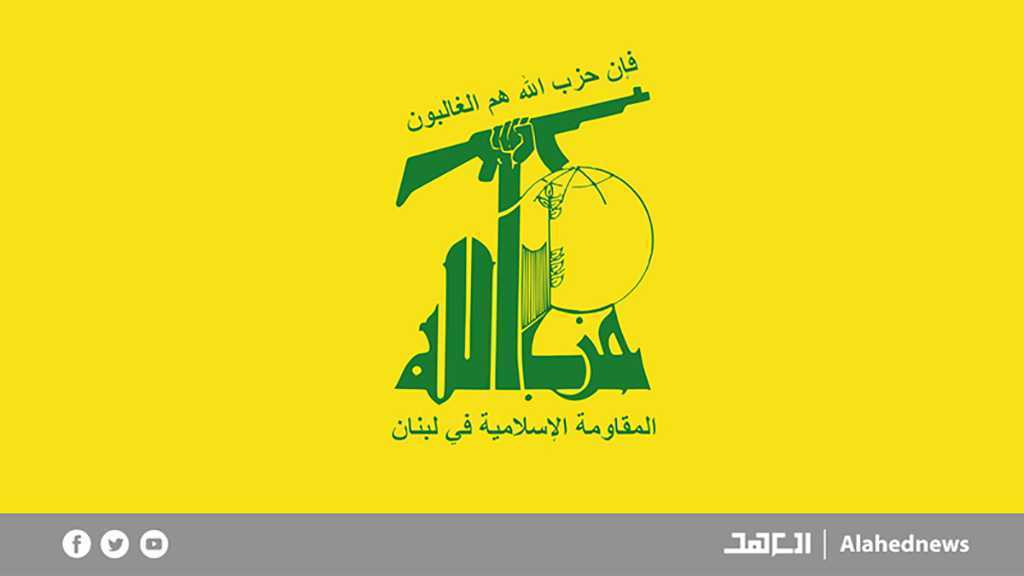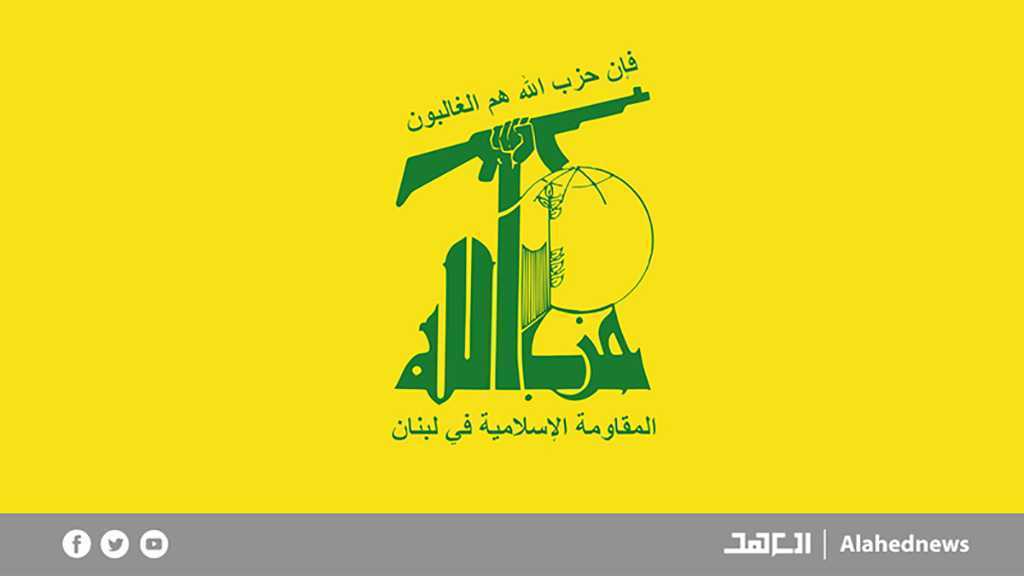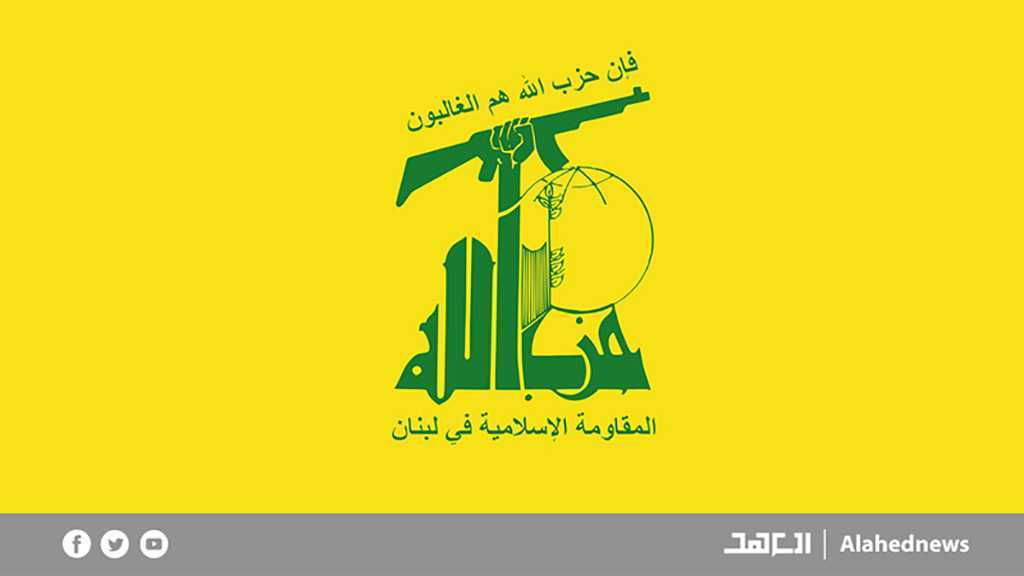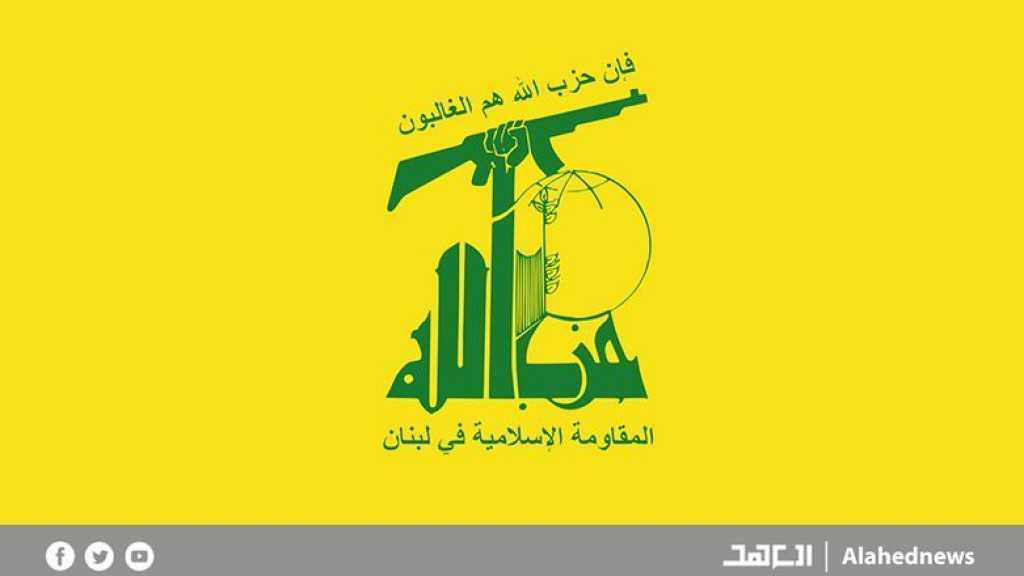Hizbullah rules out return to talks, says protests are likely
Source: Daily Star, 17-11-2006
BEIRUT: Resigned Labor Minister Tarrad Hamadeh ruled out any possibility Thursday of Hizbullah resuming national talks, saying "peaceful street protests" were likely. "This dialogue is a waste of time and does not yield any good results," Hamadeh, one of two Hizbullah members who resigned from Cabinet, told The Daily Star.
Mohammad Fneish, Hizbullah`s resigned health minister, said in comments published Thursday that a solution could be found if the anti-Syrian (US-backed) camp agreed to the opposition`s demands for such a "blocking minority," suggesting the deadlock may soon be lifted.
"The more the crisis develops, the more complicated things will become, Fneish said, adding that "the ball is in the camp of the majority."
"If the crisis goes on, the only way out, for us, is the holding of early parliamentary elections," Fneish said.
Hamadeh said the opposition was taking into consideration the "positive statements" made by various members of the `March (Feb.) 14` Forces, but added that it still needed to see them translated on the ground.
As-Safir newspaper reported Thursday a series of Arab and international efforts to resolve the crisis, beginning with an agreement on a consensus candidate for the presidency to be elected in November 2007.
The presidential election would be followed by the passing of a new electoral law, holding early parliamentary elections and forming a national unity government.
Hamadeh admitted to Arab efforts to end the crisis, but said that until now there has not been an initiative agreeable to both camps.
Six ministers, five Shiites belonging to Hizbullah and Amal and one Christian aligned with President Emile Lahoud, resigned on Saturday and Monday, respectively, after week-long multiparty talks broke down.
The talks had been called for by Speaker Nabih Berri, who heads the Amal Movement, and were intended to discuss expanding the Cabinet into a national unity government in which Hizbullah and its allies would enjoy veto power.
The Feb. 14 Forces accuse the opposition of demanding veto power to halt the creation of the international court.
Hizbullah and its allies deny the charge and threaten to take to the streets to force a change.
Berri returned Thursday from a visit to Tehran, where he met with senior officials, including President Mahmoud Ahmadinejad and Iran`s supreme leader, Ayatollah Ali Khamenei.
In Beirut, Berri met the three resigned Amal ministers. He also held a meeting with Democratic Gathering MP Ghazi Aridi.
Berri later met with Saudi Ambassador Abdel-Aziz Khoja, who said after the meeting: "As long as there is a man like Berri, I am optimistic."
Khoja`s visit came as press reports suggested the resurfacing of a Saudi initiative to solve the Lebanese crisis.
Earlier this month, Agence France Press reported that Saudi Arabia was making discreet contacts and holding talks, primarily through Khoja, with political figures in Lebanon to placate the political situation. At the time, Riyadh denied the report.
In the latest escalation of the crisis, acting Interior Minister Ahmad Fatfat said Thursday that no party had yet requested permission to protest, adding that any demonstration would be considered an "uprising against the government!?"
As-Safir quoted senior Hizbullah sources Thursday as saying they were "now at the stage of putting the final touches on the street protests."
Meanwhile, Lahoud announced Thursday that he would not longer attend Cabinet sessions. Siniora responded by saying government sessions would be resumed next week.
The prime minister received telephone calls Thursday from British Prime Minister Tony Blair and US Secretary of State Condoleezza Rice, who both reiterated their countries` support for the government.




